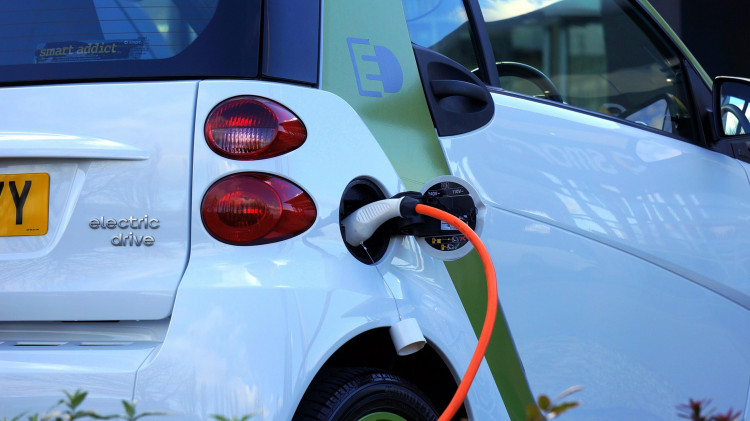On Tuesday, August 15, VinFast, a Vietnamese electric vehicle (EV) manufacturer, began trading on the NASDAQ following its merger with the special purpose acquisition company (SPAC), Black Spade Acquisition. During trading, the stock soared over 220%, reaching a high of $34.22.
VinFast, established in 2017, is a subsidiary of Vingroup, one of Vietnam's largest publicly-traded companies. The head of Vingroup is Vietnam's wealthiest individual, Phạm Nhật Vượng. Vingroup's business operations span sectors including industry, real estate, and technology. In 2022, the group's revenue constituted 2.2% of Vietnam's GDP. From the outset, VinFast carried the aspirations of Vietnam's national car industry, with Vượng positioning the company to compete directly with Tesla.
To date, VinFast has exported approximately 2,100 EVs to the US and almost 800 to Canada.
Black Spade Acquisition closed at $10.45 on Monday, the day before its merger with VinFast. Following their merger, the newly combined entity opened trading at $22 on Tuesday.
According to documents submitted to the U.S. Securities and Exchange Commission in June, the deal with Black Spade valued VinFast at approximately $23 billion. This made the company the highest-valued Vietnamese entity to go public in the US.
VinFast's CEO, Madame Thủy, mentioned that listing in the US was a significant milestone for the company, noting that the move would pave the way for further capital market opportunities.
Regarding potential price pressures following earlier price cuts by competitors like Tesla, the company stated its strategy was to offer quality products at affordable prices with excellent after-sales service. They emphasized their products were competitively priced compared to similar products, but upon closer examination, consumers would find more features and technology in VinFast's offerings. The company believes its value proposition is becoming increasingly clear to consumers and aims to maintain its profitability in each market, suggesting that profitability and increased sales would go hand in hand.
Currently, the starting price for VinFast's 5-seater VF 8 in the U.S. stands at $46,000, while the base model Tesla 5-seater Model Y is priced at $47,740.
However, while Tesla vehicles in the US are eligible for a $7,500 federal tax credit, VinFast vehicles, being manufactured outside the US, currently do not qualify for this incentive.
To compete with established brands in the US market, VinFast announced last month that construction has begun on its EV manufacturing facility in North Carolina.
The plant's initial phase represents an investment of up to $2 billion and spans roughly 1,800 acres, divided into five main production areas including body, assembly, stamping, painting workshops, and an energy center. The facility will also house other functional units.
Initially, the factory will focus on producing VinFast's VF 7, VF 8, and VF 9 EVs, with an estimated annual capacity of 150,000 vehicles. Suppliers for the plant's parts and materials will primarily be based in the US, Vietnam, and other countries. Decisions about future expansions and updates for the plant will be made in subsequent phases.
VinFast commented that the North Carolina plant would significantly reduce costs, allowing the company to offer products to US consumers at more affordable prices.
However, VinFast's journey to establishing a plant and listing in the US has not been smooth sailing.
The company's North Carolina facility was initially set to start producing cars in 2024, but this timeline has been pushed back to 2025. Until then, all VinFast cars sold in the US will be imported from its production center in Vietnam. While VinFast began selling cars in California in March of this year, sales were halted two months later following a safety alert issued by the U.S. National Highway Traffic Safety Administration.
Furthermore, like many Asian companies setting up factories in the US, the process is often more challenging and lengthier than anticipated due to significant regulatory differences between the US and their home countries.




